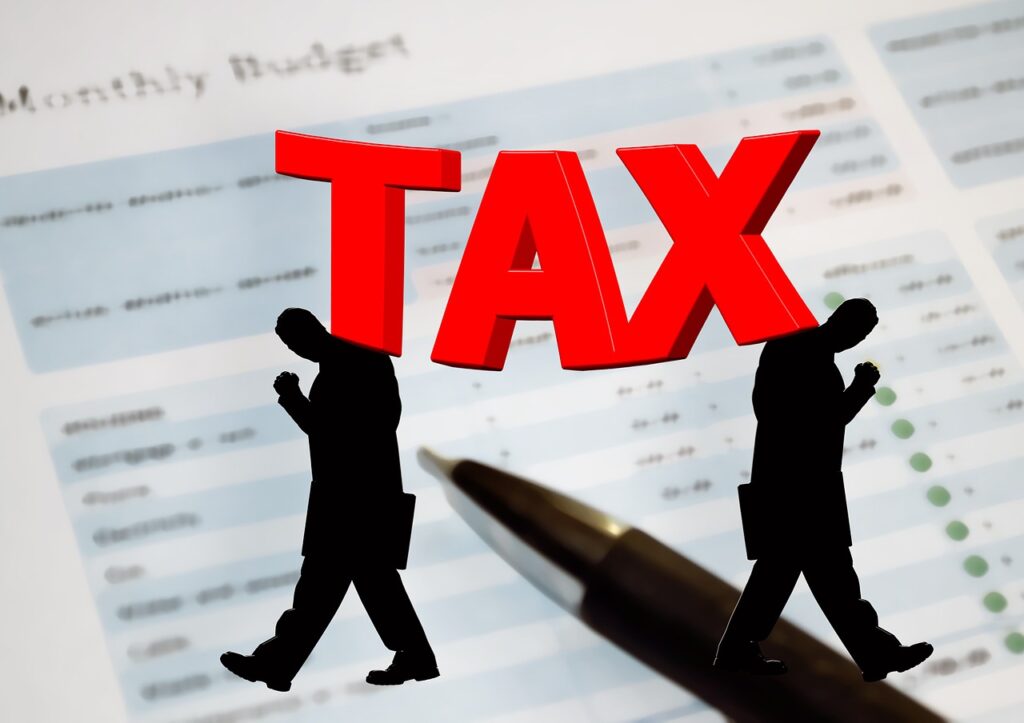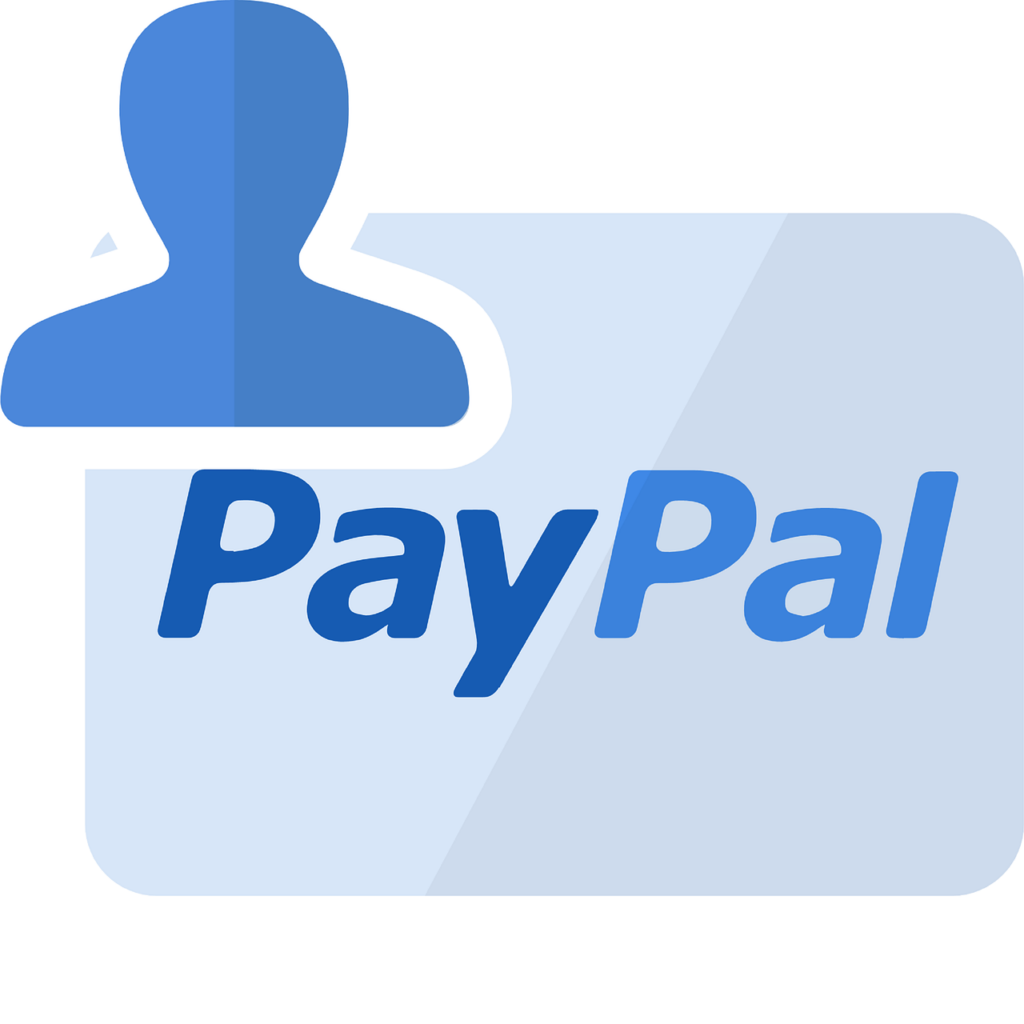Beginning with the 2022 tax year, the IRS requires that payment apps such as PayPal and Venmo send 1099s to business accounts that make more than $600 per year. Previously, individuals only had to report when they made over $20,000 and had 200 or more transactions within a given year. This, of course, is no longer the case and, consequently, makes it more difficult for small businesses and people with side gigs to manage come tax time.

What the IRS Rule Means for Your Small Business
One of the main issues that small businesses will be facing with this new IRS 1099 rule is that it may look like they are being paid twice. For example, if a business client pays them $2000 and does so via PayPal, then PayPal will send the small business a 1099 form showing this $2000 payment. The client in question will also send a 1099 form showing this $2000 payment. This stands to cause a great deal of confusion for some self-employed people and smaller businesses.
Many experts predict that this new IRS 1099 Venmo/PayPal rule will make filing taxes a great deal more difficult for self-employed individuals and tiny businesses. Whereas they may have done their taxes in the past, because of inherent confusion and the potential to make mistakes due to the double 1099 issue, many will have to hire tax professionals to help them. This, of course, is going to cost money, money that many people don’t have right now.
How Can You Follow the New IRS Venmo and PayPal Rule?
Without question, taxes are going to get more difficult and complex. With payment apps having to issue 1099 forms, we don’t quite know yet what this will potentially mean and how this will impact small companies, especially very small ones. There are some things you can start doing now, however, that will help you come tax time to handle the IRS’s new rule better:
1. Have a separate business and personal accounts
If you use PayPal to collect payments for your business, it’s good to have one account dedicated specifically to your business. That is to say, have a separate PayPal account for personal use. This will make it more accessible during tax time to clearly and concisely identify the payments received and thus cross-reference these more easily with all of the 1099s you get for the year. The same goes for Venmo.
2. Keep careful records of all incoming payments
Remember, there are many instances in which you will likely receive two 1099s for the same payment. One 1099 will be from PayPal, and one from the actual client. You don’t want to count this income twice. If you do, you will be taxed twice on that same income. If you relied on 1099‘s to keep track of all of your income in the past, you are likely going to have to change your strategy. Have a separate ledger in which you account for every payment you get and be sure to do so just once.
3. Make sure to keep track of your expenses
As a small business owner, you probably rely on those items that you can deduct from your taxable income. You want to be sure that you have a record of every expense during a given year.

The IRS‘s new rules are not ideal. Yet, many of us have no choice but to abide by these regulations. The key is to keep accurate records. Don’t rely on your 1099 forms to tell you your income for the year.
First Union Lending is Here to Help
Our job is to work with small businesses throughout the country. We want to see you thrive and ultimately grow. We offer short-term loans, SBA loans, and lines of credit, among other financing types. Even if your credit score is not where it needs to be, we might still have a financing option for you. We take more of a big picture approach versus working with a traditional bank. That is to say. We are not fixated on a single number or score. We want to know who you are and what value you bring to the table. Call today and let’s get started together.
